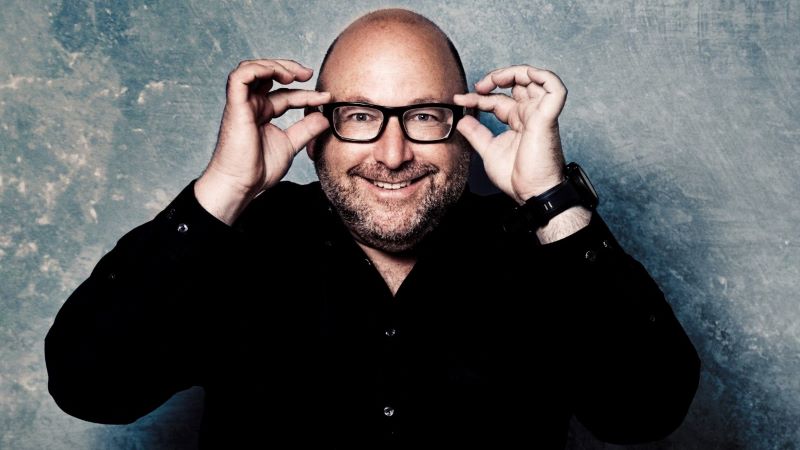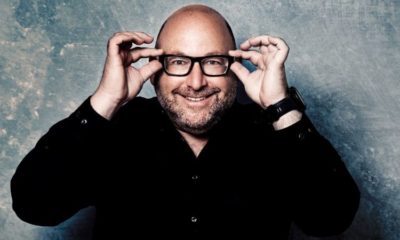
Voices

A turning point for Jacob – and us
World famous philosopher Dolly Parton got it right when she said, “Find out who you are, and then do it on purpose.” She might well have been talking to Jews and Israel supporters because somewhere along the way, we might have forgotten who we are.
The conflict between our forefathers Jacob and Esau is a well-documented one. Born as twins, Jacob gets his name from the word “Ekev” because at birth, he was holding on to the heel of his brother. From day one – and even before – there was competition, as they wrestled for dominance and identity.
The “battle” continues throughout most of their lives, and is exacerbated by the fact that Jacob “steals” the blessing from Isaac. In doing so, Jacob seems to indicate that his aspiration is to be like his brother instead of recognising that his domain isn’t in the physical world but in the spiritual one.
Their conflict culminates in what looks to be a fierce battle between the brothers. They are set to meet, and Jacob is aware that Esau is out for vengeance. He’s aware that he’s outgunned, and so he divides his family to try and at least save some of them. The scene is set, and we’re prepared for what’s to come.
Before this confrontation, however, a strange event takes place. Jacob is accosted by an angel whom he is said to fight. The two of them wrestle until dawn, when ultimately a wounded Jacob triumphs. If the interlude wasn’t strange enough, the angel then gives Jacob a new name by calling him “Israel”.
The late Rabbi Lord Jonathan Sacks suggests that Jacob has been in an internal battle. The fight with the angel was a struggle for his own identity and to try and understand himself. At the end of the night, he emerges, no longer the guy holding on to his brother’s ankle and who is trying to lay claim to his brother’s domain, but as “Israel”. He understands that he’s not his brother, and that his identity and task in the world are very different.
This is why when he finally meets Esau, he greets him with an acknowledgement of Esau’s superiority in the physical world.
The struggle that has followed 7 October has left us in no doubt that although we might have thought that world of Esau is our world, it’s not. Like Jacob, we have struggled and have emerged as Israel.
In many ways, we seemed to be trying hard to be everything to everyone while forgetting who we are meant to be. We perhaps took our guidance, for example, from the academic feminist movement instead of looking at our own compass to guide us. We seemed to get caught up with definitions of decency and morality as dictated by a hypocritical world that would soon abandon us in our hour of need. And which would turn on us in support of terror and annihilation because its system is built on popularism and values that simply aren’t ours.
Because, to some extent, like Jacob, we have clung desperately to their heels, only for them to shake us loose.
When dawn broke and Jacob had become Israel, we’re told that the fight had left him with damage and pain that would endure. But the battle was a pivotal one and a turning point for him and future generations. Sometime in the night, during the darkest time, Jacob had been reminded who he was and what his mission was. More so, he knew who he wasn’t.
This is my last column in the SA Jewish Report for 2023. The past few months have left us winded, hurt, and heartbroken. But they have also taught us resilience and reminded us that as Jews, we don’t need permission to thrive. It has been painful, but it has awakened in us a power and fortitude that is Israel.






